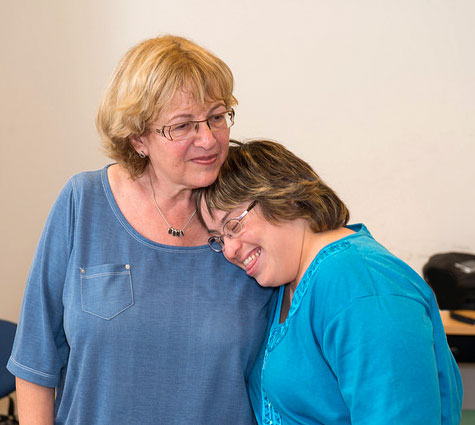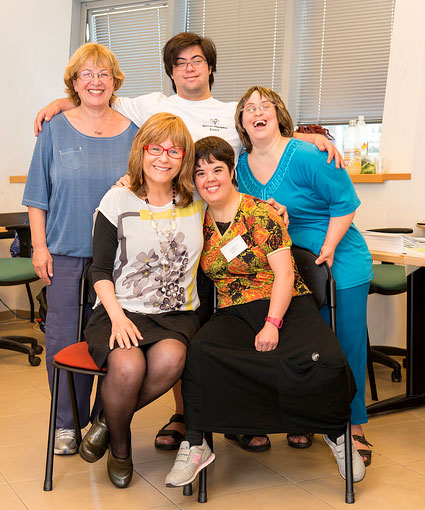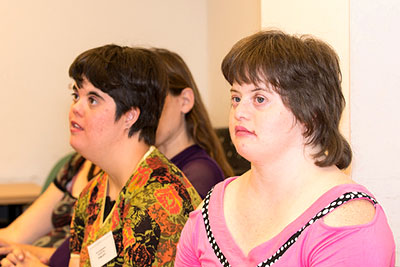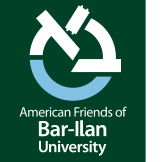Through Bar-Ilan University’s (BIU) innovative Otzmot “Empowerment” Program, students with intellectual disabilities (ID) are provided with the opportunity to study at the University and learn how to fulfill the Jewish commandments. Students in the program who are capable of learning at a higher level can earn a bachelor’s degree as well.
 This first-of-its-kind program in Israel has been developed by Hefziba Lifshitz-Vahav, associate professor in the Faculty of Social Sciences who also heads the MA track in Intellectual Disabilities at the Pinkhos Churgin School of Education at BIU. She decided to create this program after completing a study that found that adolescents and adults with ID can understand abstract cognitive religious concepts – including the concept of God, righteousness and evil, and the efficacy of prayer.
This first-of-its-kind program in Israel has been developed by Hefziba Lifshitz-Vahav, associate professor in the Faculty of Social Sciences who also heads the MA track in Intellectual Disabilities at the Pinkhos Churgin School of Education at BIU. She decided to create this program after completing a study that found that adolescents and adults with ID can understand abstract cognitive religious concepts – including the concept of God, righteousness and evil, and the efficacy of prayer.
 Conceived as a three-stage program, students begin at stage one with four academic hours once a week at the School of Education. While learning about the Jewish commandments, they take courses in developmental psychology, self-advocacy, and in how to use the library and computers. The lecturers are Bar-Ilan students in the Master’s track, where teaching in Otzmot is part of the course work.
Conceived as a three-stage program, students begin at stage one with four academic hours once a week at the School of Education. While learning about the Jewish commandments, they take courses in developmental psychology, self-advocacy, and in how to use the library and computers. The lecturers are Bar-Ilan students in the Master’s track, where teaching in Otzmot is part of the course work.
In addition to educational objectives, Otzmot’s social goals are to expose students with ID to Bar-Ilan students of all backgrounds, as well as to empower and strengthen the self-image, confidence and quality of life of students with ID.
The second stage of Otzmot involves the participation of Bar-Ilan students in the BA program. Otzmot students capable of entering this stage join the undergraduate seminar, “Learning and Development of Individuals with Disability during Life Span,” to study the psychological capital of people with ID. Through this seminar, students learn that positive psychological capital is the positive developmental state of an individual as characterized by high self-efficacy, optimism, hope, and resiliency.
 Stage three gives academically capable students with ID an opportunity to take regular undergraduate courses at the School of Education. The students with ID register through the University as auditing the course, and can choose whether or not to take the exams. They are assigned a supervisor to help them in and outside of class. The students take one course at a time, and if they take the exams and pass, each course will be counted toward a BA degree.
Stage three gives academically capable students with ID an opportunity to take regular undergraduate courses at the School of Education. The students with ID register through the University as auditing the course, and can choose whether or not to take the exams. They are assigned a supervisor to help them in and outside of class. The students take one course at a time, and if they take the exams and pass, each course will be counted toward a BA degree.
“I want them to all the tasks of the regular students. And, if they can, I want them to go on and on until they earn their degree,” says Prof. Lifshitz-Vahav.


